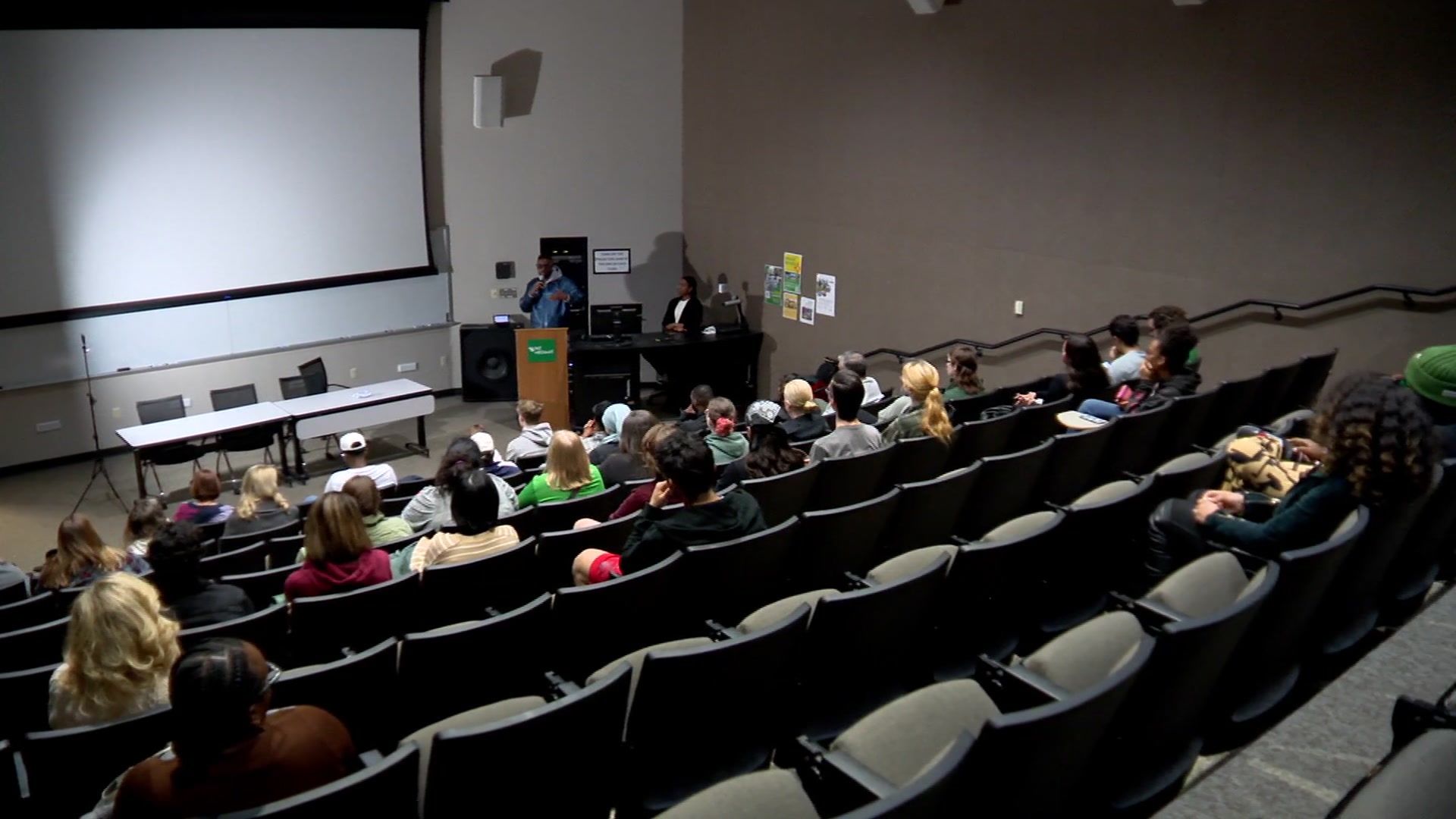As the number of positive COVID-19 cases increases across the state, experts have seen more and more younger people become ill with the virus. Younger meaning under the age of 40.
Dr. Samad Khan with Wellhealth Frisco said they've seen an uptick in the number of positive patients.
"I would say the vast majority is less than 60 years old. We’ve had patients test positive as young as eleven months old. We've had close to ten patients in the past four or five days that are less than ten years old that have tested positive for COVID-19 which is something I wasn’t seeing before," Khan said.
He said they test approximately 250 patients a day. Last week, they tested 1,000 patients and 150 came back positive. Khan said before, the rate of positive cases was around 7%, but last week it jumped to 15%.
"We had 50 patients test positive on Friday alone in our clinic," Khan said.
On Monday, experts with UT Southwestern held a virtual meeting talking about their concerns with the increase in the number of cases and hospitalizations.
They believe the rise is a result of reopening and recent holidays such as Easter and Memorial Day.
Local
The latest news from around North Texas.
They've also noticed a trend with younger people accounting for the positive numbers, something Khan has noticed, too.
"I’m seeing a lot of service industry workers coming in to be tested and an uptick in kind of clusters of patients that were out at bars and clubs over the past two or three weeks have been coming in droves testing positive, unfortunately," he explained.
Dr. Jeffrey Kahn, the Chief of Infectious Diseases at Children's Health and a professor of pediatrics at UT Southwestern said the trends they're noticing at Children's are in line with what experts are seeing in North Texas and the state itself.
"If you look a the data, we've seen this situation where the number of positives is going up and the death rate is going down. That probably reflects that there's a big cohort of young adults who are getting infected, that's pushing the number of positive tests up. Those individuals tend to be healthier and don't have underlining comorbidities and therefore, don't find themselves in the hospital," Kahn explained.
He said the concern is people bringing the disease home to someone who has a fragile immune system.
"With young adults getting infected, the risk is obviously to each individual, but there's also a risk to the population at-large," Kahn said.
Experts worry it could lead to more hospitalizations and too many people needing treatment could cripple the health care system, which was the original reason for the stay-at-home orders.
“When you’re younger, you feel like, 'I can beat this thing, it’s not that big of a deal,' but unfortunately, even if they are getting it and are not experiencing major symptoms, what happens is that it spreads to people that have immune-compromised systems or the elderly," Khan with Wellhealth said.



